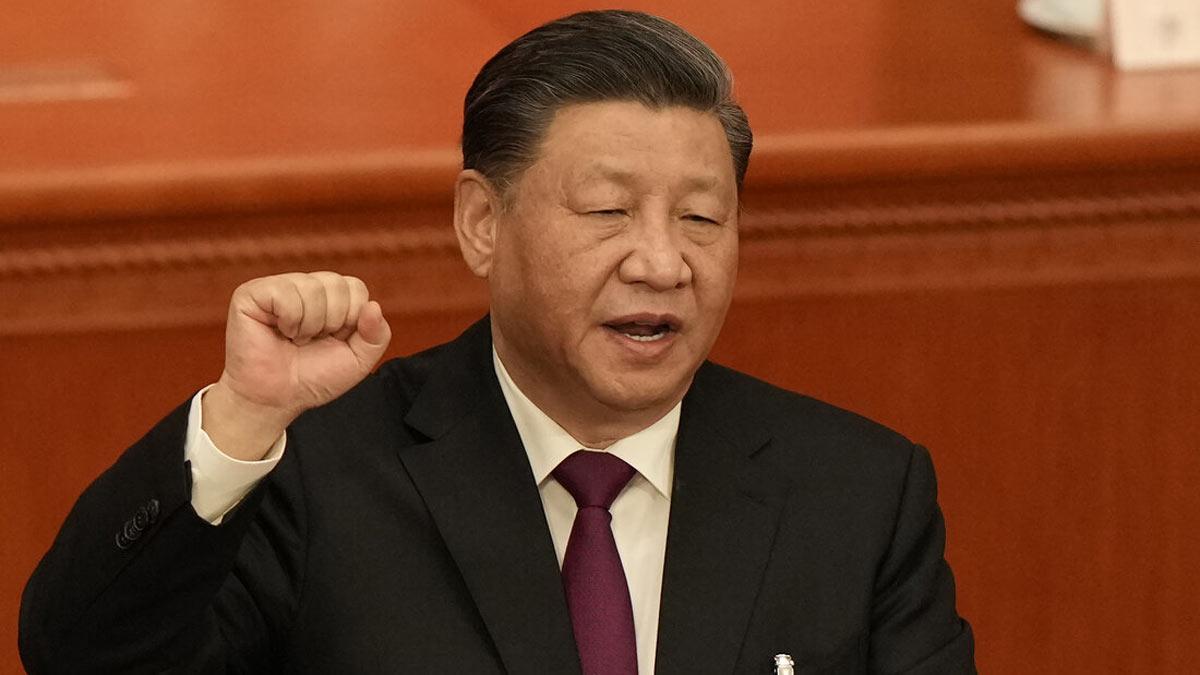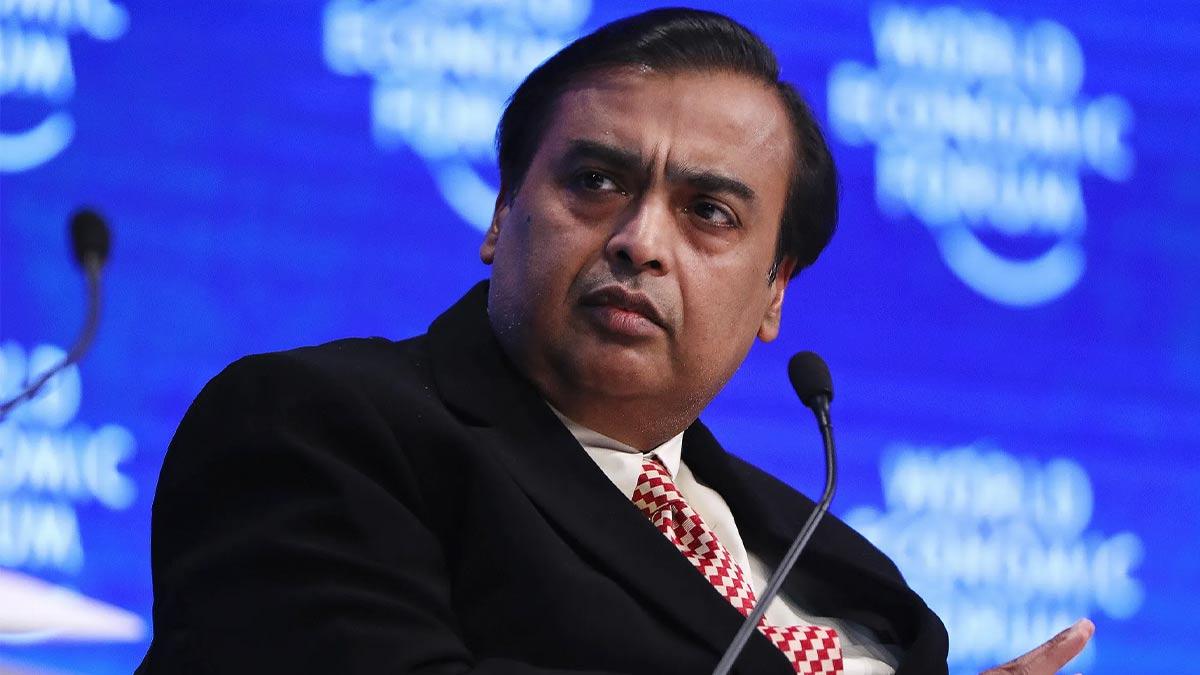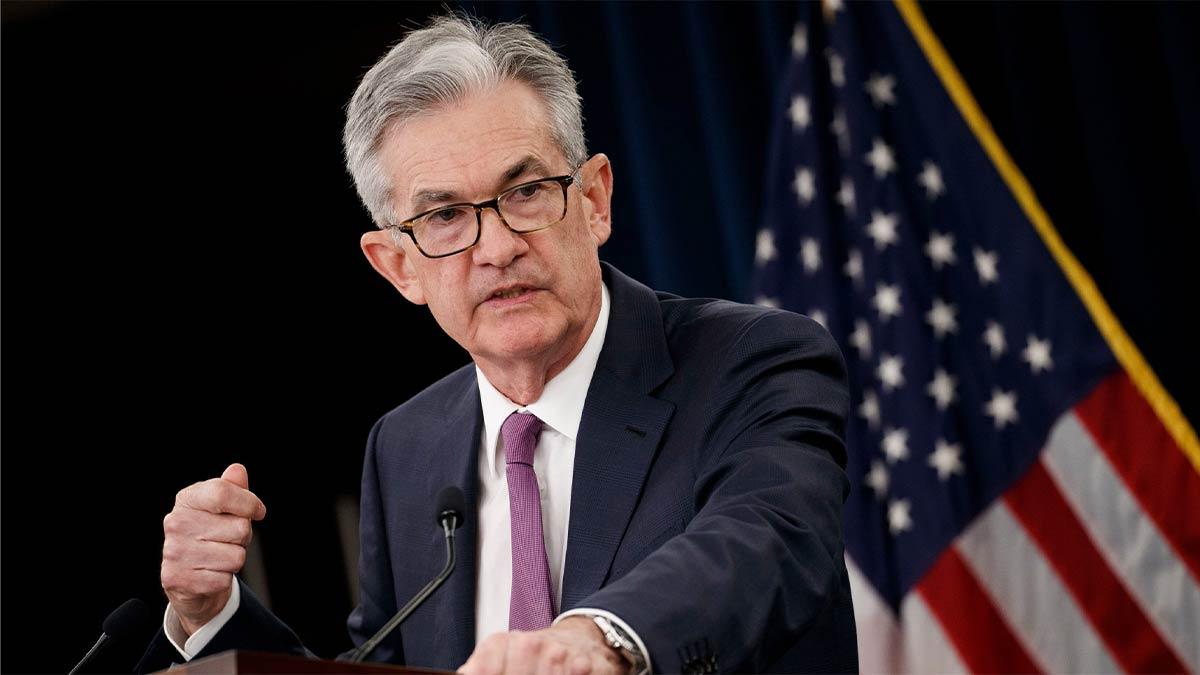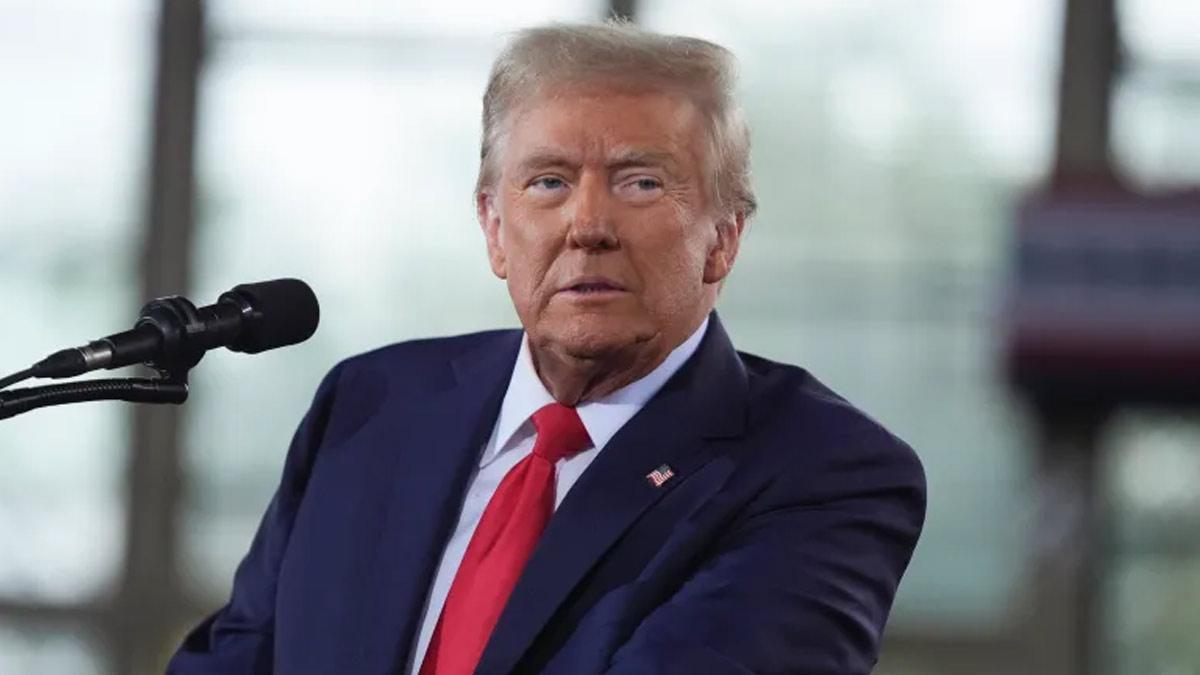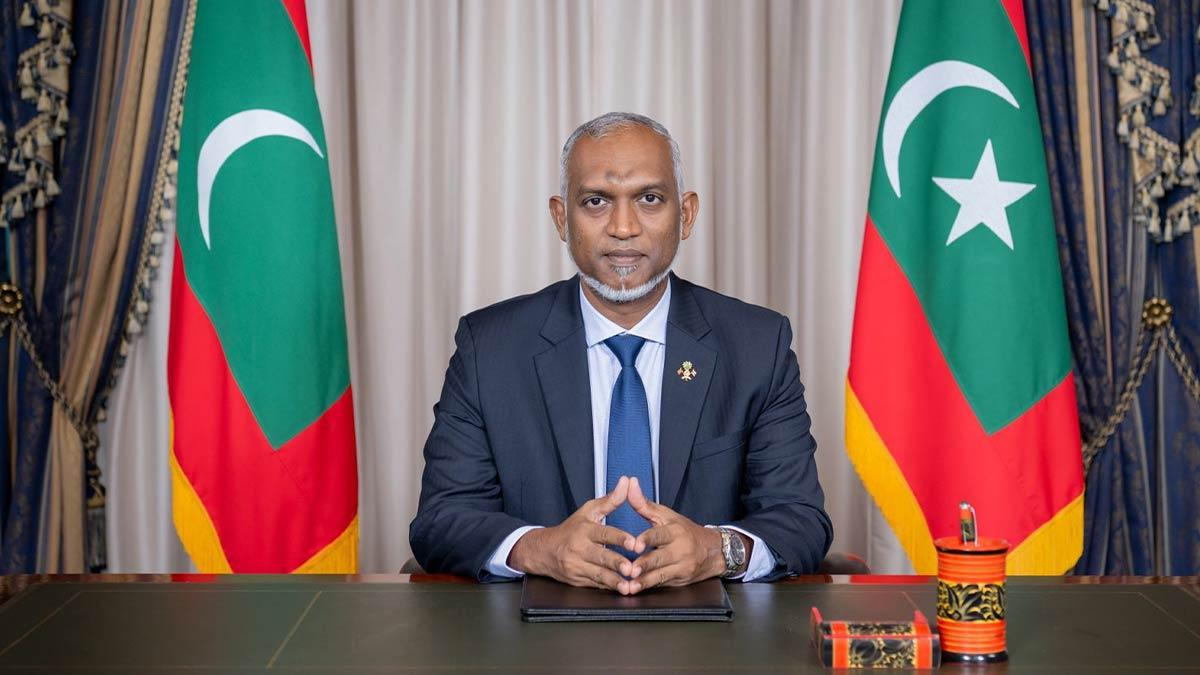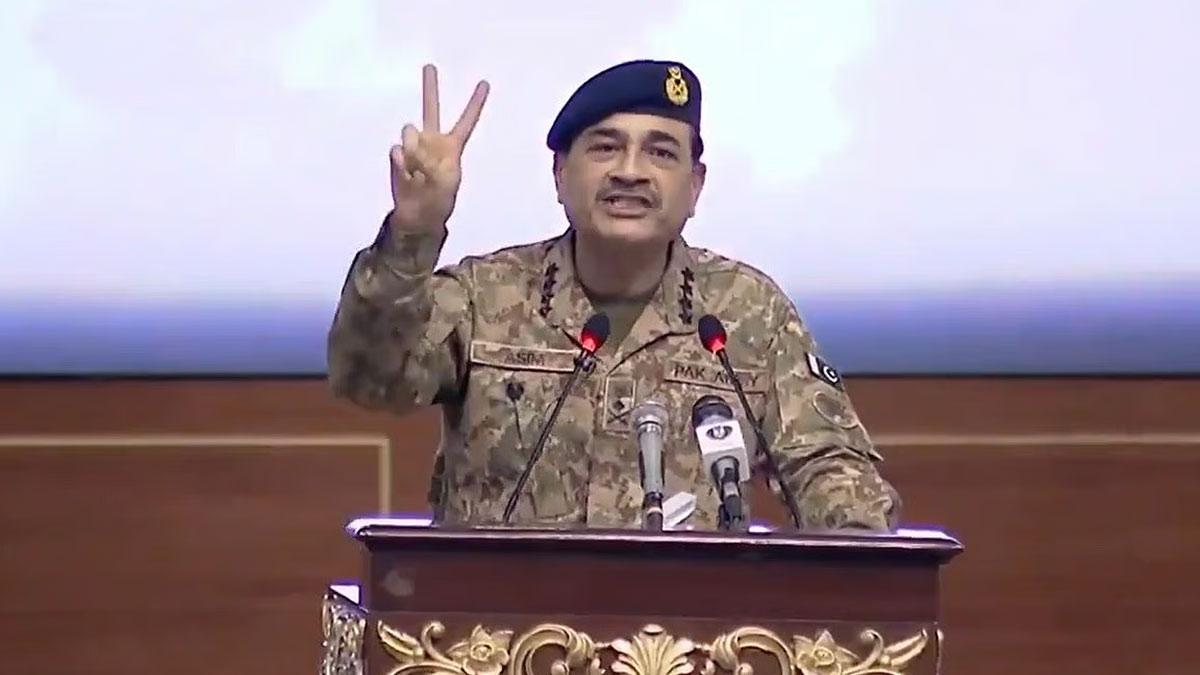In the face of mounting trade tensions with America, Chinese leader Xi Jinping promised on Wednesday to further strategic engagement with neighboring countries, underscoring the value of handling clashes "properly" and building up regional networks of supply chains.
Xi spoke in his first public address after U.S. President Donald Trump ordered sweeping tariffs increases—more than doubling the duties on Chinese imports to the U.S. by 104 per cent.
At a central conference on diplomacy with neighbors in Beijing held from Tuesday through Wednesday, Xi emphasized China's dedication to the building of "a community with a shared future" and laying new ways forward in its diplomacy in the region, as state-run media said.
The most recent round of U.S. tariffs added an additional 50 percent, raising the total tariff burden on imports from China to 104 percent. It came into effect formally on Wednesday, strengthening the strained economic relations between the two super powers.
While Beijing struggles with worsening relations with Washington, it has redirected attention towards healing and consolidating relations in Asia. Specifically, China has sought to de-escalate longstanding border tensions with India and enhance engagement with leading regional actors such as Japan and South Korea.
The chilled India-China rapport, stuck at the military face-off in Ladakh's east for over four years, began thawing a short while back. The impasse was crossed when President Xi sat down Indian Prime Minister Narendra Modi last October in Kazan, Russia, for the SCO summit. Subsequent to it, both parties opened several rounds of high-level talks to ensure a return to normalcy.
In another act of diplomacy, China recently organized trade negotiations with South Korea and Japan—the first trilateral economic conference in half a decade. The talks involved discussion on developing regional trade cooperation in preparation for the volatile world trade scenario ignited by Trump's belligerent tariff approach.
Trade ministers of the three countries looked for ways to promote free trade agreements and support regional and world commerce. At the same time, China continues to deepen economic relations with neighboring nations through its extensive Belt and Road Initiative as a way to mitigate the effects of escalating global protectionism.
Read also| Trump Optimistic on Gaza Peace, Netanyahu Pushes for ‘New Deal’ on Hostages
Read also| Beijing Rebukes Trump's Additional Tariff Proposal, Citing Repeated Errors

